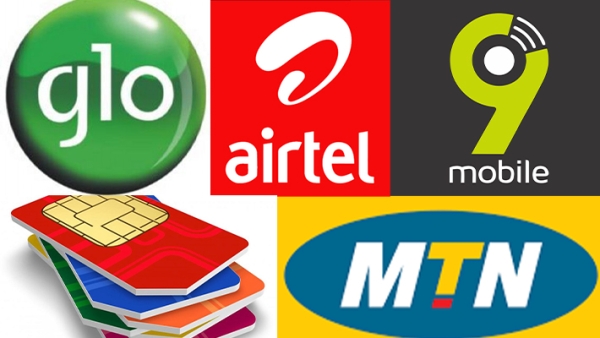Nigeria’s ambition to build a $1tn economy by 2031 faces risks due to gaps in digital infrastructure, including broadband connectivity and data centres, telecom executives said on Thursday.
Shortly after assuming office in May 2023, President Bola Tinubu announced the $1tn target, setting an eight-year timeline to achieve the goal by 2031.
Nigeria and other African nations, except South Africa, account for less than one per cent of global data centre capacity, with South Africa holding around 50 per cent of Africa’s total.
This shortfall, the industry leaders said, limits digital services and discourages foreign investment. However, they called for increased investment in broadband expansion, data centres, and cybersecurity to drive economic growth.
“The future of our digital economy depends on the seamless integration of connectivity, power, and data centers,” the Chief Executive Officer of Open Access Data Centre, Dr Ayotunde Coker, said at the Policy Implementation Assisted Forum in Lagos.
The executive, who played a key role in Rack Centre before joining OADC, called for greater collaboration between private and public stakeholders.
Nigeria plans to deploy 90,000km of fibre optic cables nationwide, starting in late 2025.
The $2bn project, backed by the World Bank, African Development Bank, and Islamic Development Bank, will be executed through a Public-Private Partnership, with the government holding a 25-49 per cent stake in a Special Purpose Vehicle.
Coker emphasised the direct economic impact of broadband penetration, stating that a 10 per cent increase could contribute to 2.5 per cent GDP growth.
As of January 2025, Nigeria’s broadband penetration stood at 45.61 per cent according to the Nigerian Communications Commission.
He pointed out that connectivity, data centres, and power must be aligned to ensure digital resilience.
The Chief Executive Officer of Rack Centre, Lars Johannisson, said strong asset protection policies were essential to attracting foreign investment.
Johannisson said each megawatt of data centre capacity required an investment of about €12-15m, with 70 megawatts in the pipeline.
He called for the decentralisation of data centres beyond Lagos to improve access and affordability, citing the need for edge infrastructure across the country.
“If inefficiencies drive up costs, digital services will remain out of reach for large segments of the population,” he said.
He said maintaining cost-effective infrastructure investments would be critical to achieving Nigeria’s target of 80 per cent broadband penetration by 2030.
“Ireland is a prime example of how a stable regulatory and power supply environment can attract foreign direct investment,” the Director of Legal (Global and Regional Business Affairs) at Equinix, Abayomi Adebanjo, noted, urging Nigerian policymakers to adopt similar strategies.
Adebanjo also identified major gaps in Nigeria’s Critical National Information Infrastructure framework, urging the government to take a more active role in enforcing protection programmes.
He cited persistent issues such as fibre cable theft and legal obstacles in prosecuting offenders as deterrents to investment.


